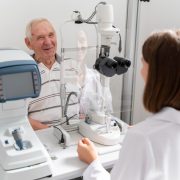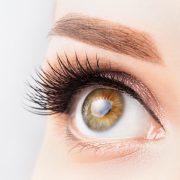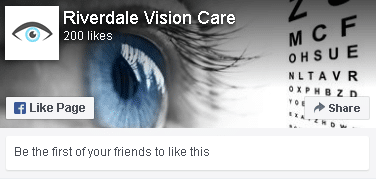I’ve Got Cataracts. Can I Still Drive?
Many people, especially older adults, suffer from cataracts. Cataracts start out by causing minimal interference with your vision, but eventually cataracts can cause serious vision problems or even blindness. If you think you might be suffering from cataracts, work with your eye doctor in Riverdale NJ to get a diagnosis and treatment.
What Are Cataracts?
A cataract is a fogging of the lens of the eye. In the earliest stages, a person with cataracts may not even know they have cataracts. Seeing your eye doctor can help you catch this problem when it’s in the earliest stages. Some early signs of cataracts include:
- Colors look faded or yellowed
- Vision is cloudy or blurry
- Lights have a halo around them
- Sensitivity to glare and bright lights
In the early stages, most people don’t need cataract treatment, although some people require a special eyeglasses prescription to clarify their vision. It’s only after cataracts start negatively impacting quality of life that eye doctors start to think about treating cataracts with stronger measures.
Can I Still Drive If I Have Cataracts?
You can still drive with cataracts if your eye doctor says that it’s safe. Before your eye doctor gives you the permission to drive, they must assess your visual acuity and, if you need a new glasses prescription, they must ensure that you have the proper prescription to see.while driving. When you have cataracts, it’s important to see your eye doctor on a regular basis.
Problems you may experience while driving include:
- Intense glare from headlights
- Colors look faded and are difficult to distinguish
- Objects look blurry
- Low vision at night
- Double vision
Can I Get Treatment for My Cataracts?
There is treatment for cataracts. Your eye doctor can determine when you need cataract surgery in order to drive safely. If you feel like your vision is too poor to drive, talk to your eye doctor for an assessment.
Need Cataract Treatment? Contact Riverdale Vision Care
If cataracts are interfering with your quality of life, cataract treatment in Riverdale NJ can help you see more clearly once again. Contact Riverdale Vision Care to find out more about cataract treatment. Call today to make an appointment.




